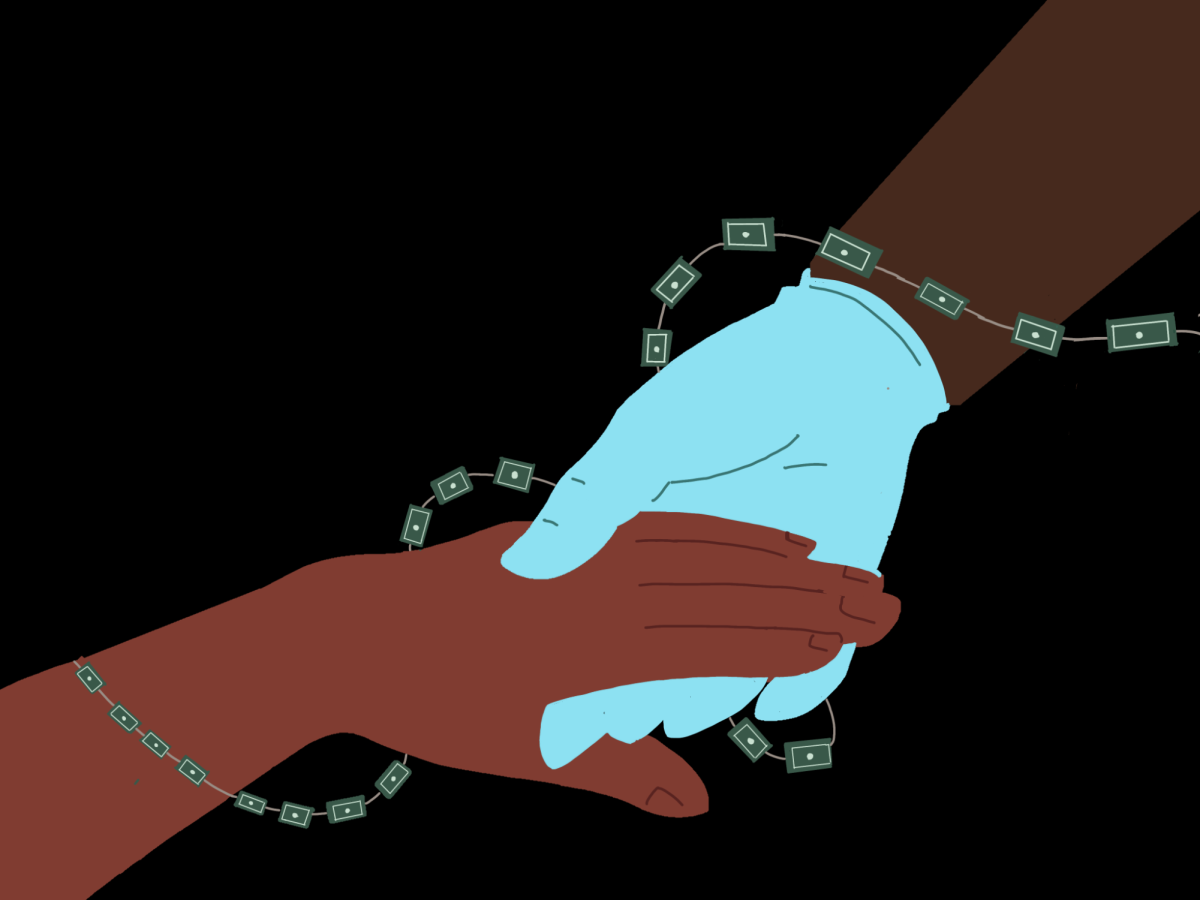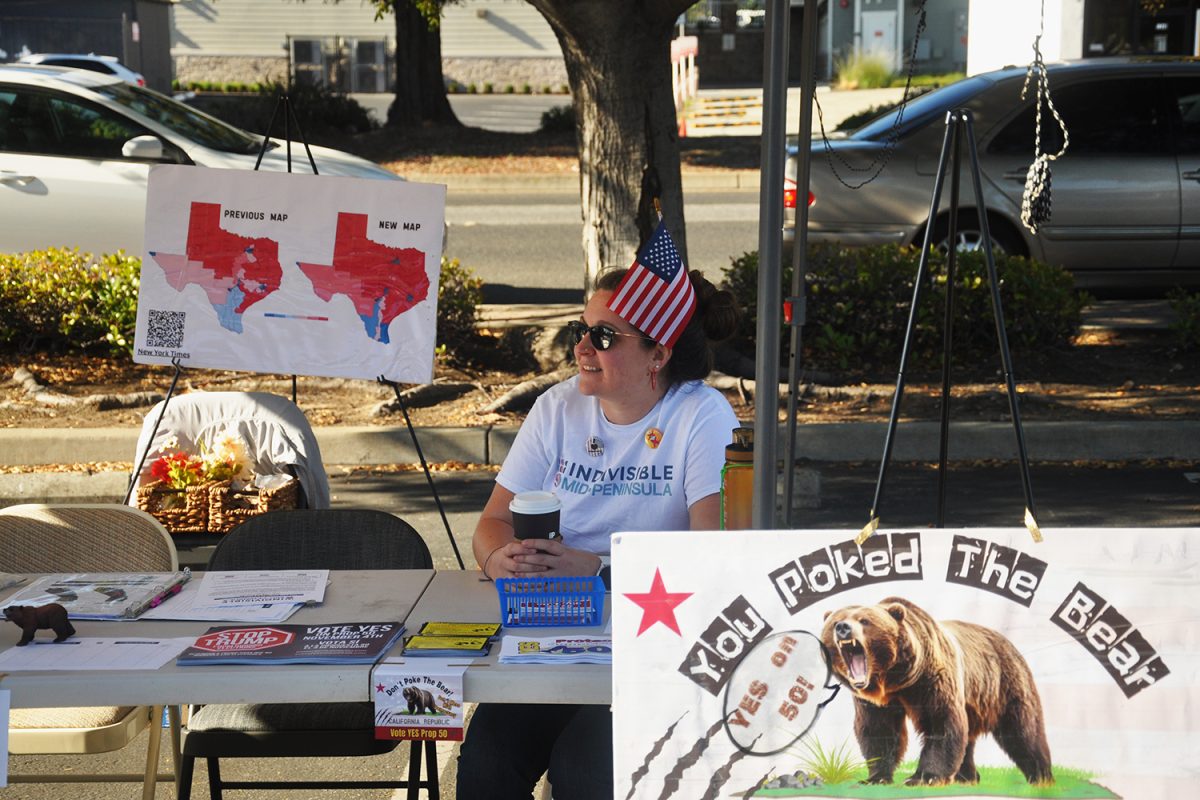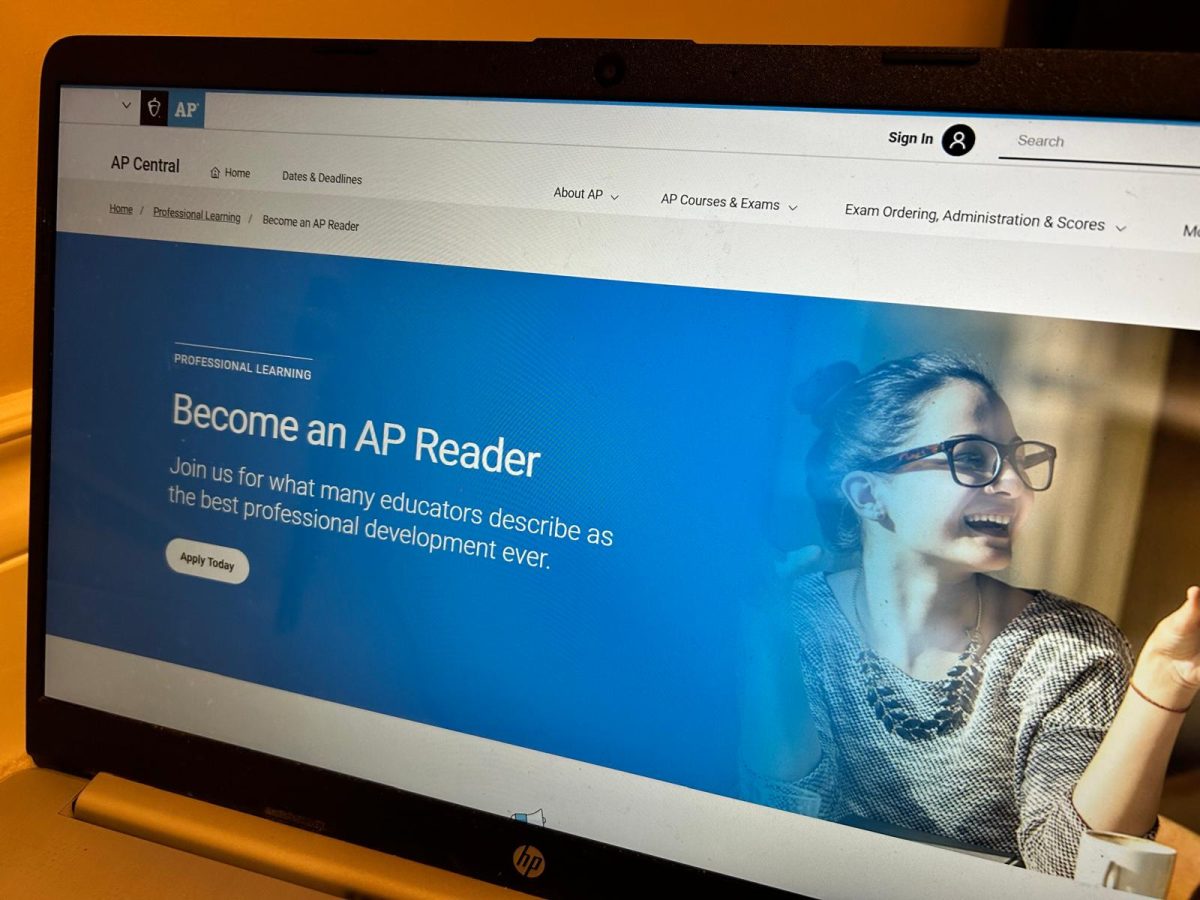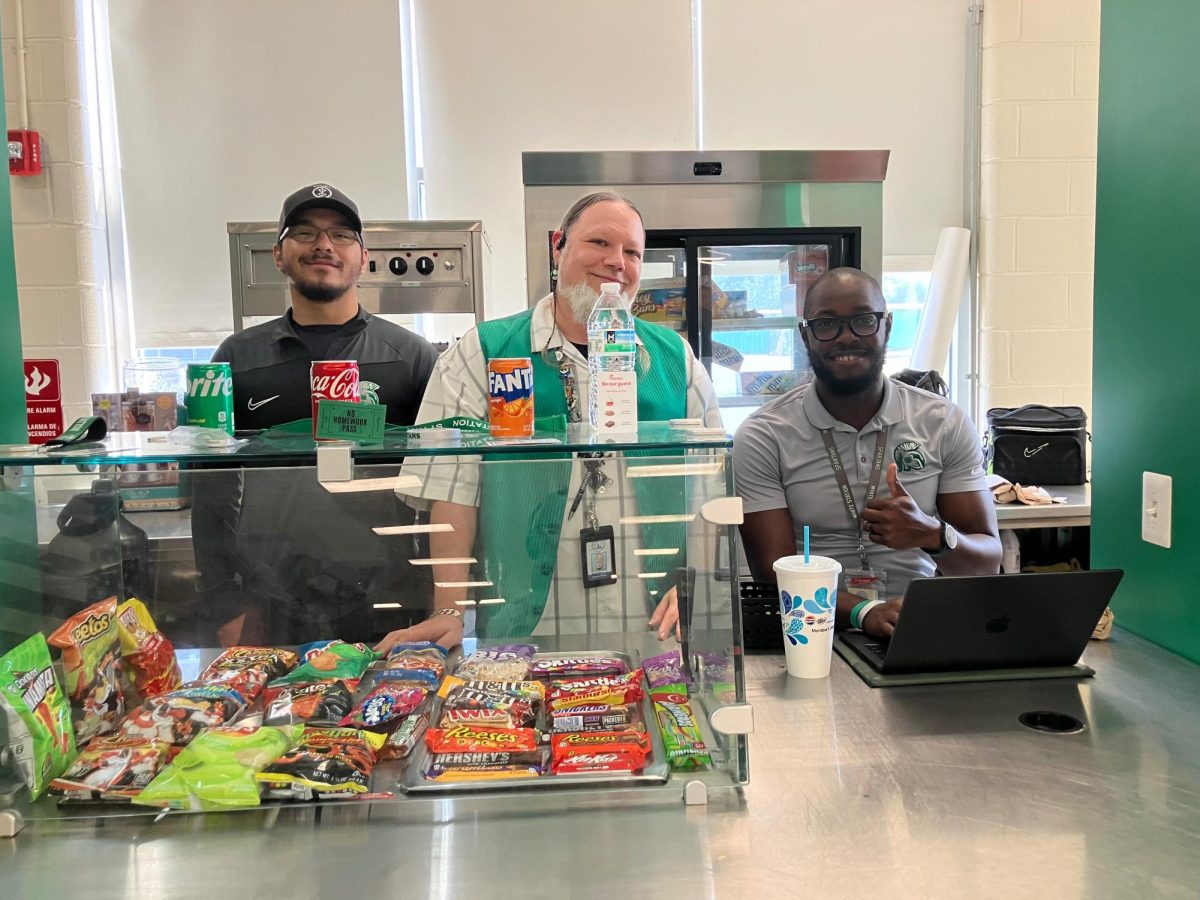“Partner Track” falls short in its attempt at representation
The Netflix series fails to portray multifaceted narratives
September 26, 2022
While depicting the unbreakable glass ceiling women and non-white individuals face when climbing the corporate ladder, Netflix’s new series “Partner Track” fails to portray representation at every front by perpetuating model minority stereotypes. Released Aug. 28, the series focuses on Korean American lawyer Ingrid Yun as she competes to make partner — a highly anticipated promotion for lawyers — at her white-male-dominated law firm, Parsons Valentine.
One of the successes of “Partner Track” is its portrayal of how small microaggressions by people in power build up to a system of oppression. For instance, an important client assumes that Justin, Ingrid’s white paralegal, is the lawyer in the room over Ingrid and her boss Marty says that he’s “got his best men on that case”— rendering her hyper-invisible due to her race and gender. Although these interactions may seem small and insignificant to many viewers, these subtle microaggressions are part of a much larger structure of marginalization that prevents women and non-white individuals from being taken seriously by those in power and gaining recognition from their hard work. By including these subtle instances of microaggressions, “Partner Track” displays just how often these injustices are overlooked for marginalized groups.

“Partner Track” also portrays how easy it is for white people to get away with blatant racism through the discussion of white fragility. In the company’s retreat, Dan Fallon, a lawyer at Parsons, performs a stand-up comedy act where he mocks the idea of white fragility, which is defined as being defensive when confronted about discriminatory behavior. Although the firm does an investigation afterward, Dan is able to escape without probation or losing his job. This sequence is well executed: it clearly displays the power of white privilege in allowing racism to occur without repercussions, ultimately creating a cycle of oppression where minority groups are continually repressed. In this way, “Partner Track” allows the audience to understand the white patriarchal power structures within corporations and transform buzzwords like systemic oppression into individual experiences.
Despite the successes of “Partner Track,” the debate on the portrayal of stereotypes in “Partner Track” is blurred. On the one hand, Arden Cho, the actress playing Ingrid Yun, argues that Partner Track breaks stereotypes as “not every Asian girl is the sexy vixen or nerdy friend.” Alongside shows such as “To All the Boys I’ve Loved Before” and films like “Crazy Rich Asians,” “Partner Track” definitely continues the positive trend of portraying Asian female stories within American media.
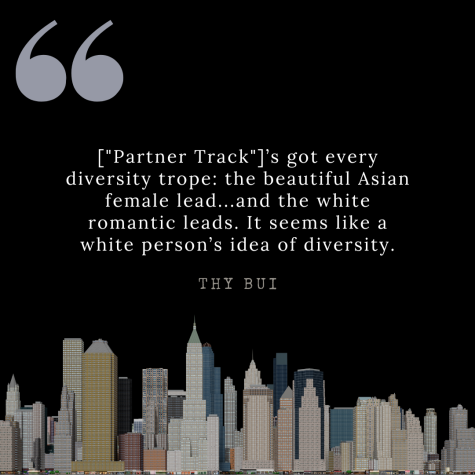
However, the issue with these popular films is that they all followed similar “diversity tropes.” According to an interview with Thy Bui, a partner at Constangy, Brooks, Smith & Prophete in Los Angeles, “[Partner Track]’s got every diversity trope: the beautiful Asian female lead, her two sidekicks — a Black gay friend and a white woman friend, and the white romantic leads. It seems like a white person’s idea of diversity.”
“To All the Boys I’ve Ever Loved Before” and “Partner Track” have strikingly similar plot threads: both Lara Jean and Ingrid Yun primarily pursue white male love interests. Even in the original book “Crazy Rich Asians,” Rachel Chu’s friend mentions that Rachel has never dated an Asian man before Nick. The trend of East Asian women ending up with white partners has occurred since the first instances of Asian representation in media — dating back to Chinese American actress Anna May Wong’s depiction of the sexually exotic Asian women in the silent film era. This issue is rooted in the fact that whiteness has always been implicitly perceived as superior in Western media — putting Asian women with white love interests plays into white superiority by portraying that only white men are deemed desirable, thus reinforcing racism against Asians.
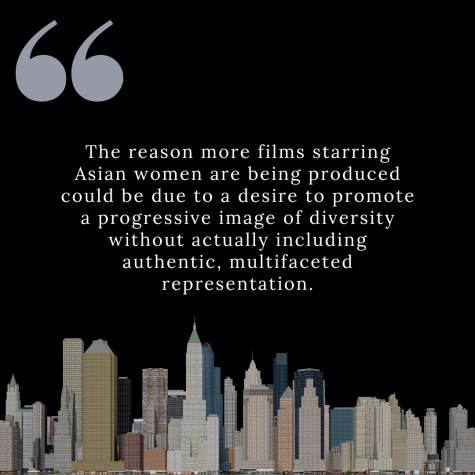
In fact, Bui’s point that “Partner Track” seems like a “white person’s idea of diversity” ironically points back to something that the show itself touches upon. When Tyler goes to the law firm Hotham and White for a job interview, the HR manager says to Tyler that “sometimes looking good” by hiring a racially diverse staff “is good for business.” The reason more films starring Asian women are being produced could be due to a desire to promote a progressive image of diversity without actually including authentic, multifaceted representation.
Another subject that has been less discussed is the characterization of Ingrid’s little sister, Lina. Lina drops out of Julliard and follows her dreams to audition for Cirque de Sole as an acrobat. The show characterizes Lina as a failure, who steals her sister’s jewelry to stay afloat and throws away her prestigious education. But when Rachel, Ingrid’s friend from Parsons, slowly transitions out of her job to pursue playwriting, others praise her as transcending expectations and pursuing her passion. The double standard between Lina and Rachel reinforces the model minority mindset surrounding Asian Americans — only Asians like Ingrid who pursue typical professional careers are deemed successful, whereas white Americans are free to follow their dreams.
The portrayal of systemic racial and patriarchal discrimination in “Partner Track” demonstrates some progress in increasing media representation on these issues. However, this progress is severely restricted by the series’ harmful depiction of stereotypes. Overall, “Partner Track” fails to transcend the typical model minority narrative and represent the diverse identities of the Asian American community.
This story was originally published on El Estoque on September 22, 2022.



